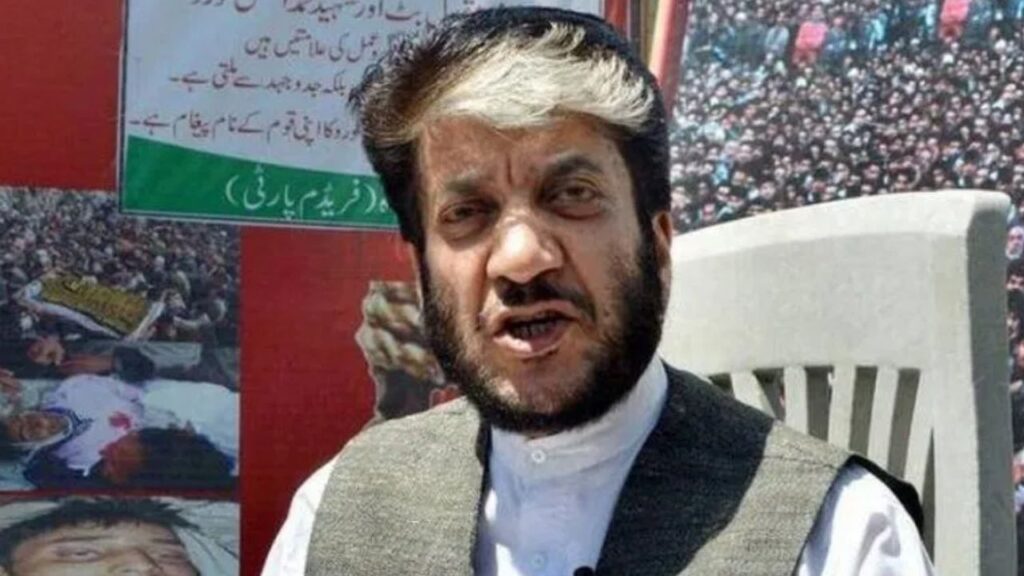Shabbir Shah Released from Terror Financing Case, Yet Remains in Custody
Patiala House Court has ordered the release of Kashmiri separatist leader Shabbir Ahmed Shah in connection with a money laundering case linked to terrorist financing. However, despite his release, he will continue to remain in custody due to ongoing investigations by the National Investigation Agency (NIA) into separate cases against him.
Judicial Proceedings and Reason for Release
On Tuesday, the court conducted a hearing related to the money laundering case tied to terrorist funding. Shabbir Shah has been in custody since July 26, 2017. The court stated that he had already served more than the maximum seven-year sentence stipulated under section 3 of the Prevention of Money Laundering Act, leading to their decision to release him from the current charges. Nevertheless, he remains in judicial custody because of two different ongoing investigations by the NIA that are still pending.
Separation from His Father’s Political Party
Shabbir Ahmed Shah is a prominent separatist figure. In March of this year, his daughter, Sama Shabbir, publicly distanced herself from her father’s political party, the Democratic Freedom Party. She took an oath of allegiance to the sovereignty of the Indian Union and expressed her commitment through a public notice published in a local newspaper. Sama Shabbir, known for her academic excellence and being a former CBSE topper from Kashmir, has made a significant personal decision in contrast to her father’s ideology.
Connections to Terrorist Organizations
The Enforcement Directorate (ED) has claimed that Shabbir Ahmed Shah has maintained continuous links with Hafiz Saeed, the head of the terrorist organization Jamaat-ud-Dawa. In their affidavit, the ED also mentioned Shah’s connections with Mohammad Shafi Shayar, a Jammu resident who fled to Pakistan with his family following his release from jail. Jamaat-ud-Dawa is recognized as a terrorist organization by the United Nations Security Council, particularly concerning its activities related to the spread of terrorism globally, including India.
Implications and Public Response
Shabbir Shah’s case highlights the complicated dynamics of political dissent, national integrity, and the ongoing battle against terrorism in India. The mixed reactions among the public and political analysts underline the sensitive nature of separatism in Kashmir and the government’s response to such issues. This case not only raises legal questions but also provokes discussions on the ethics of politics intertwined with terrorism.
Conclusion
As the judicial proceedings continue, the implications of Shabbir Ahmed Shah’s connections and his political legacy remain significant. The ongoing investigations by the NIA may further clarify the extent of his involvement in terrorist funding, which is a vital element in ensuring national security. The case serves as a reminder of the intricate relationship between separatist sentiments and legal ramifications in the region.
